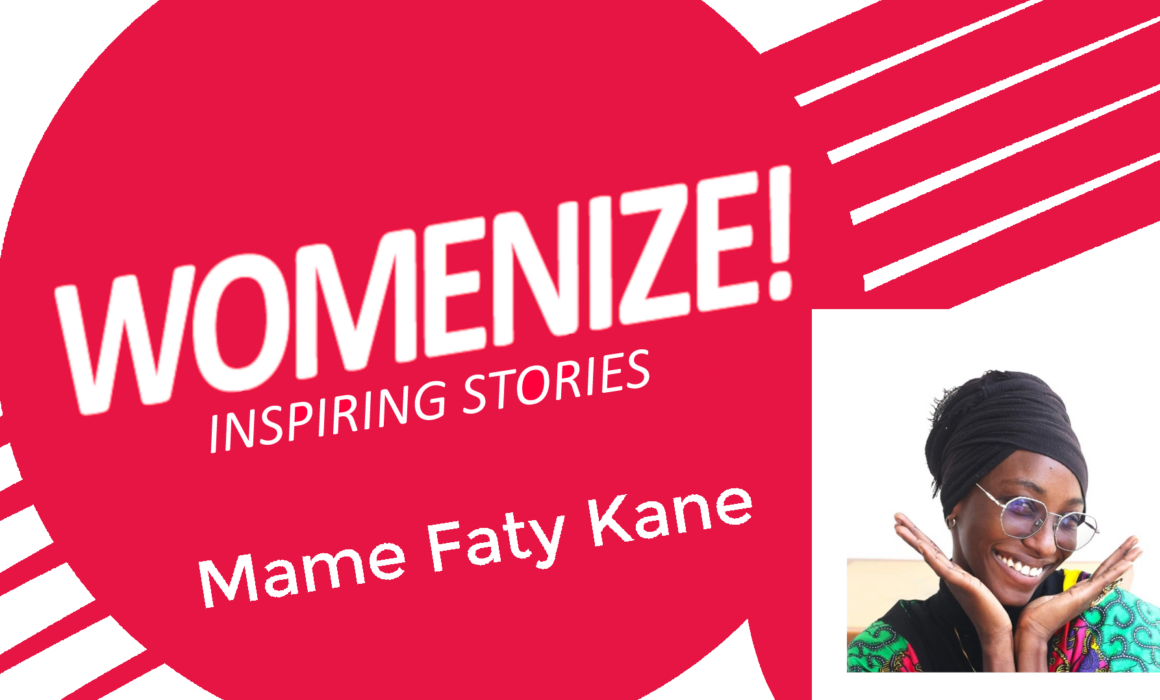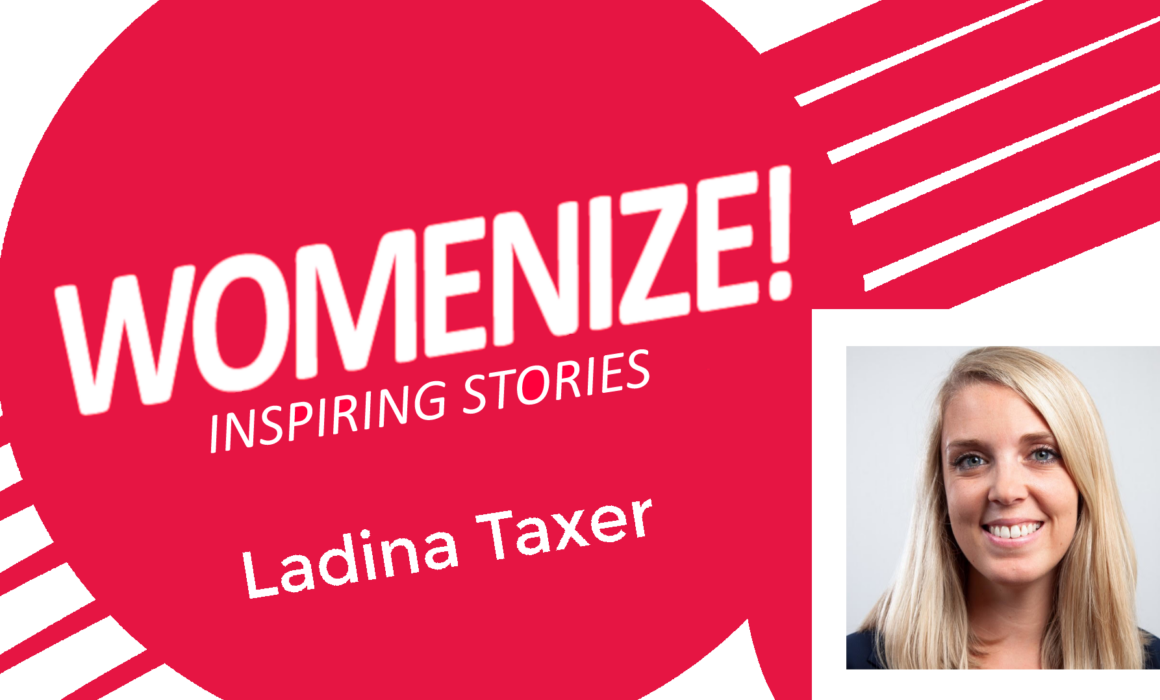Annika “mediKa” Lambertz – Womenize! – Inspiring Stories
Womenize! – Inspiring Stories is our weekly series featuring inspirational individuals from games and tech. For this edition, we collaborated with ESBD – eSport-Bund Deutschland e.V. and talked to Annika (mediKa) Lambertz, Professional VALORANT Player at Twisted Minds. She speaks about her journey in esports, teamwork in VALORANT, resilience as a woman in the industry, and how balancing competitive gaming with her studies has shaped her skills and perspective. Read more about Annika here:
Hi Annika! Competing in VALORANT has been a significant part of your journey. What has been your most memorable moment in the game, and how has playing at a high level shaped your perspective on teamwork and strategy in esports?
One of my most memorable moments in VALORANT was winning my first LAN tournament with my team. And competing at a high level has completely reshaped my understanding of teamwork. Esports isn’t just about individual mechanics but about synergy, trust, and adaptability. Every match is a learning experience where strategy and communication play just as big of a role as aim and reflexes.
As a woman in esports, you’ve navigated a competitive and often challenging space. What has helped you stay resilient and focused on your goals, and how do you hope your journey inspires others to confidently pursue their own paths in the industry?
Resilience, for me, comes from a combination of passion, community, and self-belief. Surrounding myself with supportive teammates, mentors, and like-minded people has been crucial in staying motivated despite challenges. I’ve also learned to embrace setbacks as stepping stones. My goal is to inspire others—especially women and marginalized players—to take up space in the industry with confidence. I want my journey to show that perseverance and skill speak louder than stereotypes, and that there’s a place for everyone in esports.
Juggling both a professional esports career and your studies in Esports & Games Management must bring unique challenges. How have these two aspects of your life influenced and complemented each other in terms of skills, perspectives, and personal growth?
Balancing both has been tough but incredibly rewarding. Competing has given me firsthand experience of the esports ecosystem, while my studies provide a broader understanding of the industry’s business, marketing, and management side. Skills like time management, leadership, and decision-making have transferred between both, making me more well-rounded as a player and as a professional. Studying the behind-the-scenes aspects of esports also fuels my competitive mindset. It helps me see the bigger picture of what it takes to grow the industry and be a part of shaping its future.




